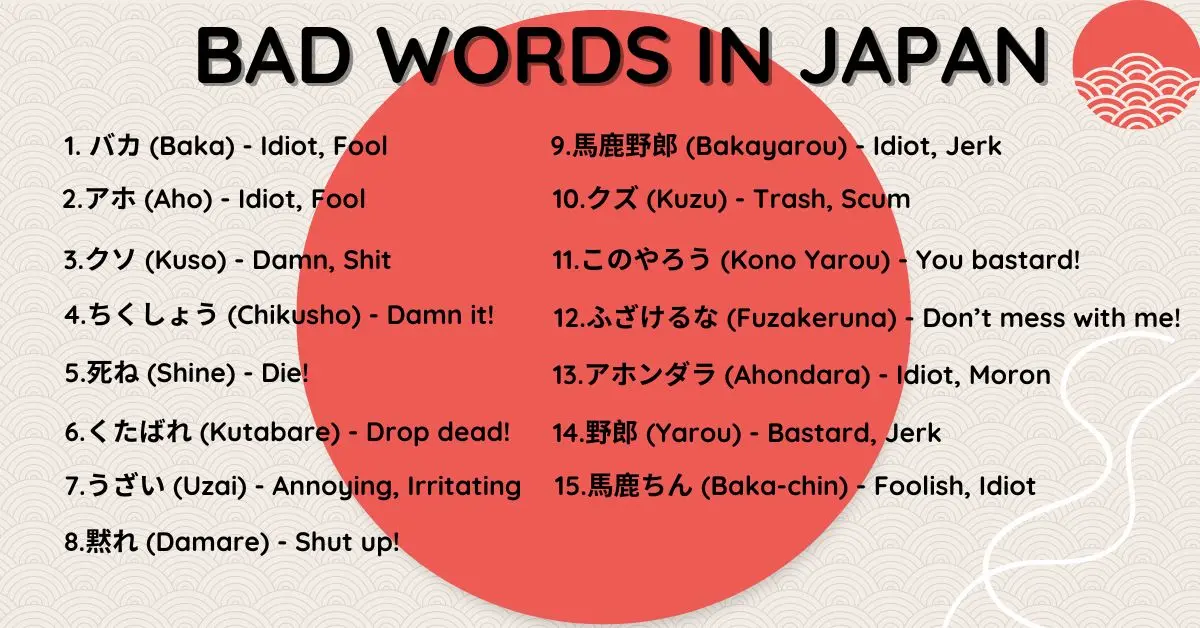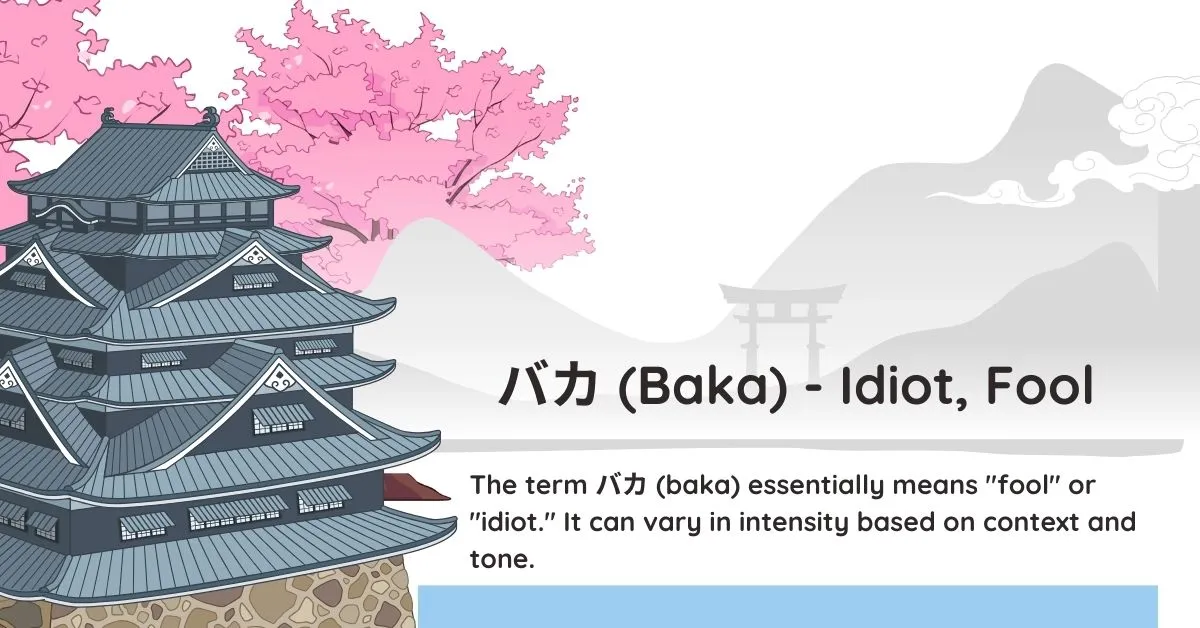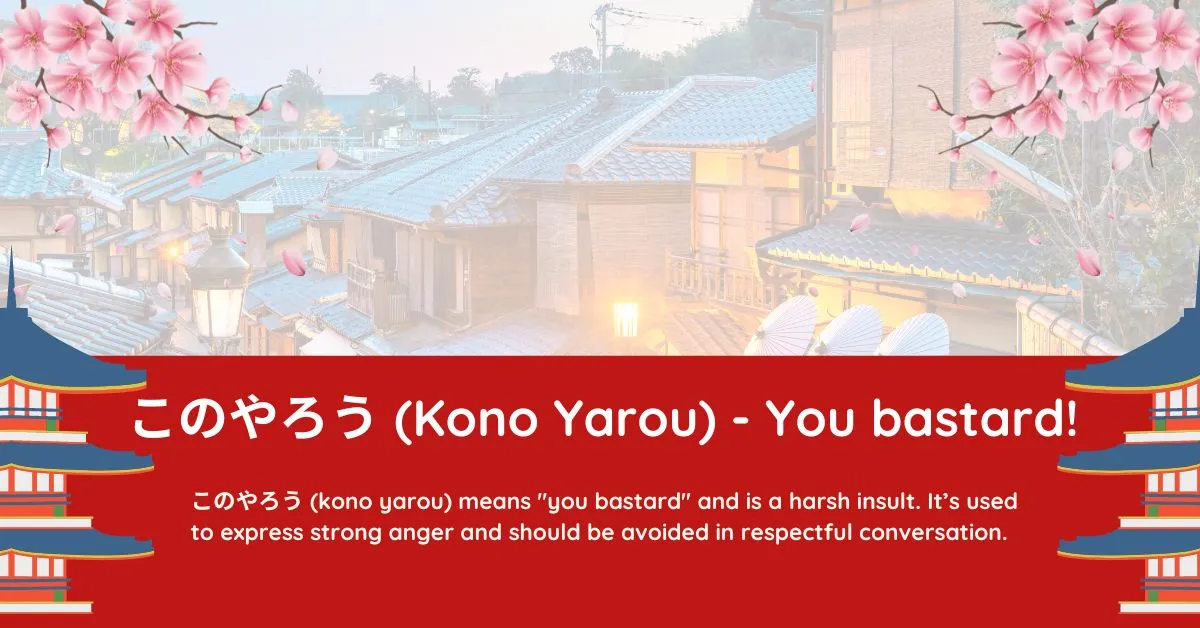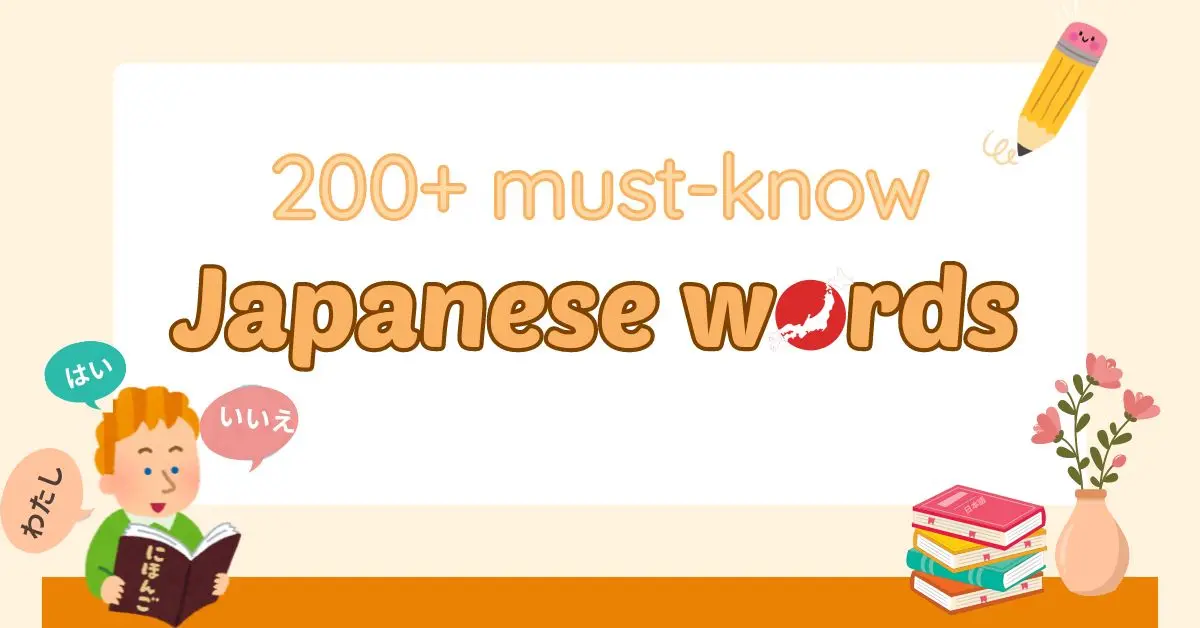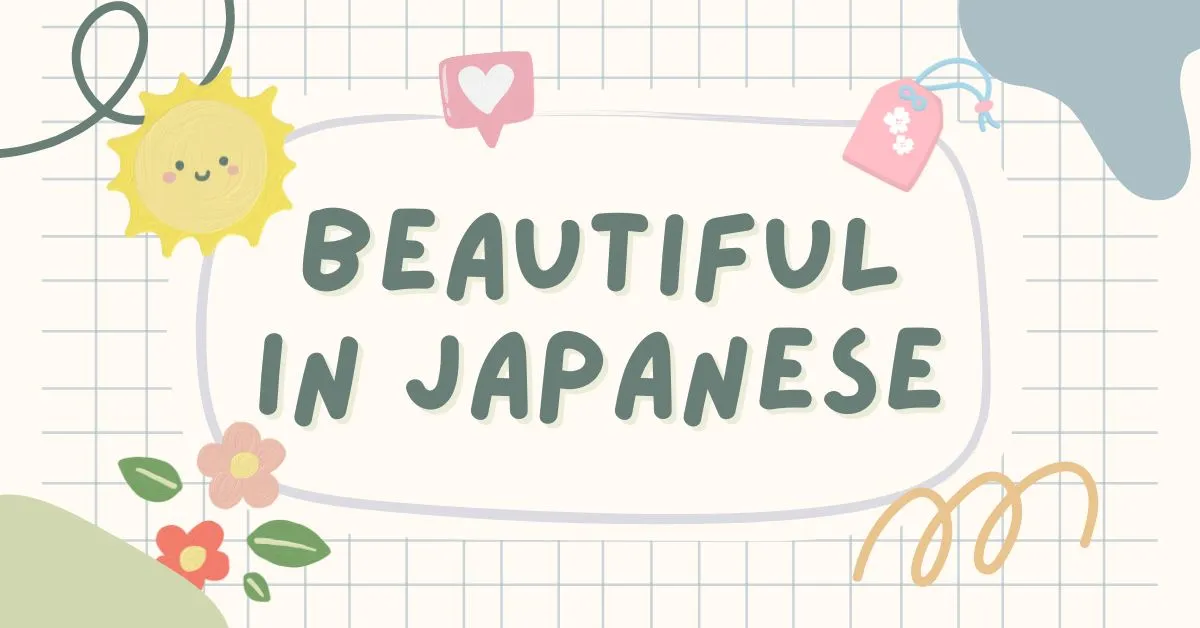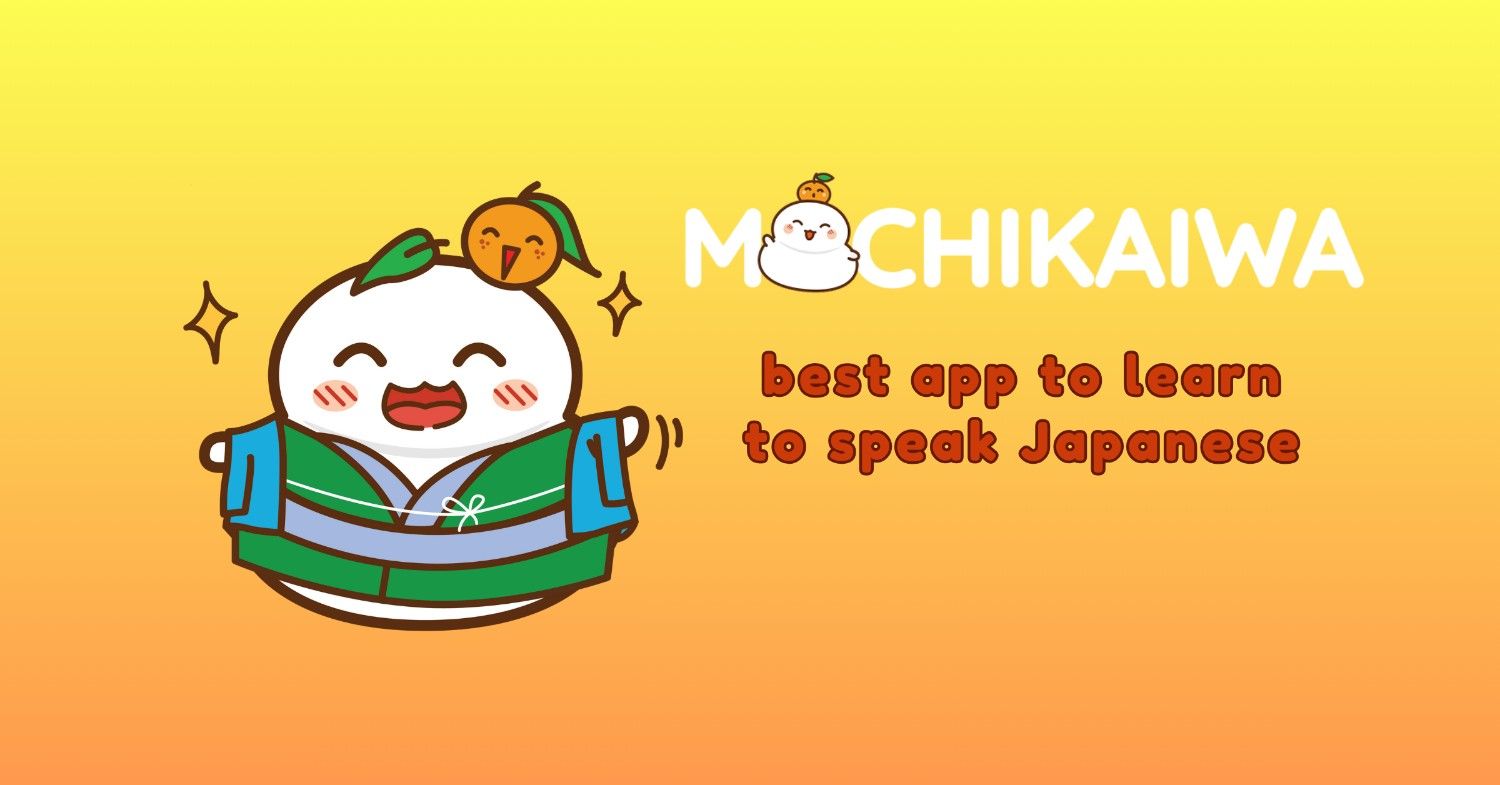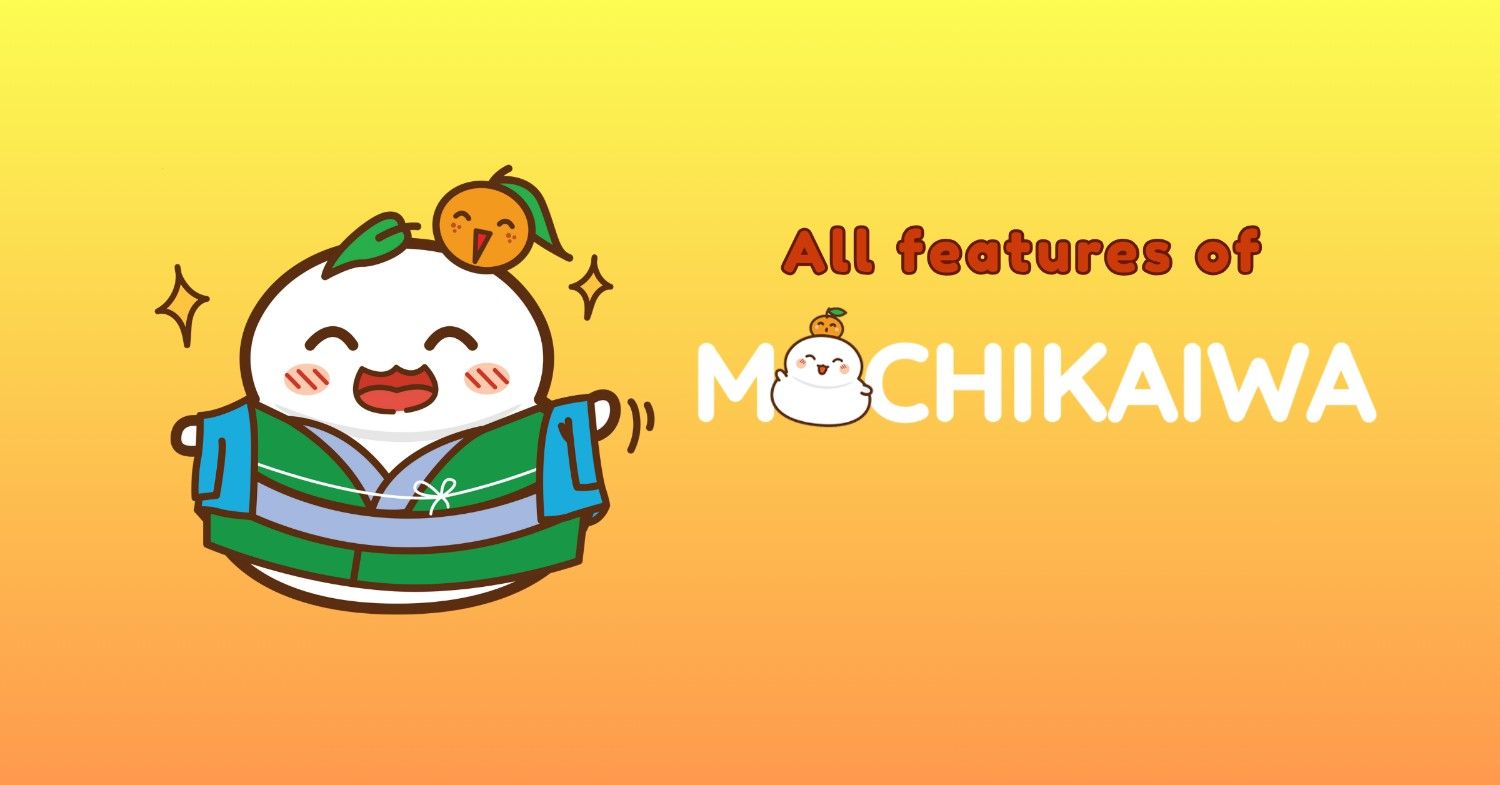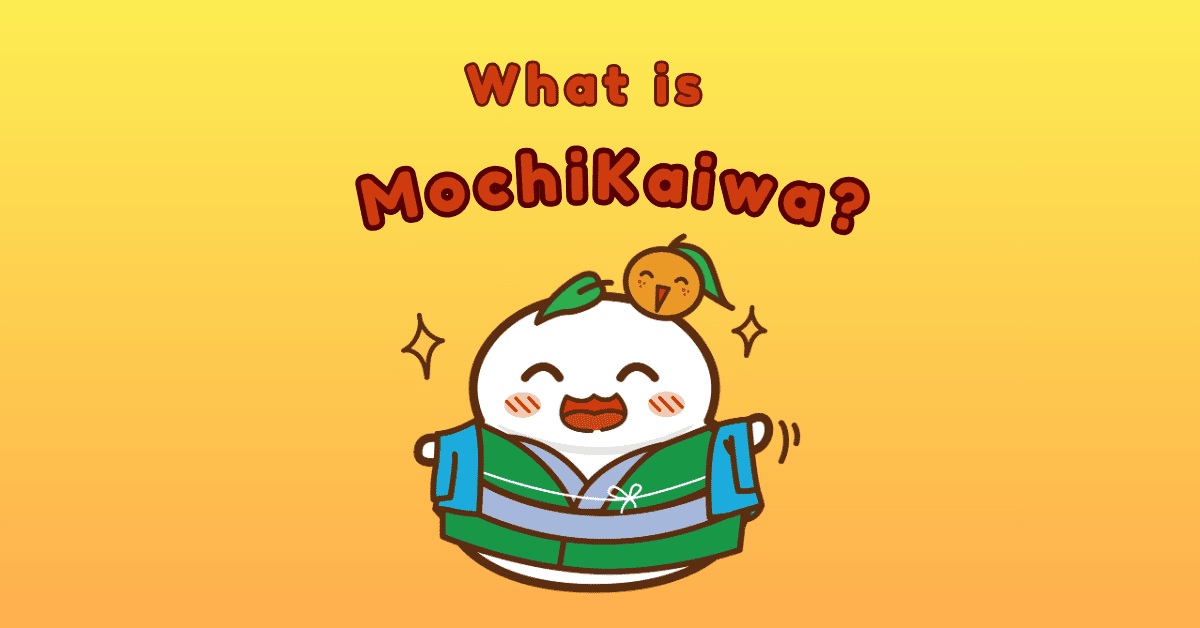When learning about Japanese culture, understanding the language goes beyond just mastering polite phrases. Like any other language, Japanese has its share of “bad words” or swear words. However, the concept of bad words in Japan is nuanced and deeply rooted in cultural context. Here, we explore some common bad words in Japan, their meanings, and why you should be cautious about using them.
- バカ (Baka) – Idiot, Fool
- アホ (Aho) – Idiot, Fool (more common in Kansai)
- クソ (Kuso) – Damn, Shit
- ちくしょう (Chikusho) – Damn it!
- 死ね (Shine) – Die!
- くたばれ (Kutabare) – Drop dead!
- うざい (Uzai) – Annoying, Irritating
- 黙れ (Damare) – Shut up!
- 馬鹿野郎 (Bakayarou) – Idiot, Jerk
- クズ (Kuzu) – Trash, Scum
- このやろう (Kono Yarou) – You bastard!
- ふざけるな (Fuzakeruna) – Don’t mess with me!
- アホンダラ (Ahondara) – Idiot, Moron (very strong, used in Kansai)
- 野郎 (Yarou) – Bastard, Jerk
- 馬鹿ちん (Baka-chin) – Foolish, Idiot (soft insult)
- Cultural sensitivity and context
- Why you should avoid using bad words in Japan
- Master Japanese with MochiKanji: Your path to effective learning
- Conclusion

1. バカ (Baka) – Idiot, Fool
The term バカ (baka) essentially means “fool” or “idiot.” It can vary in intensity based on context and tone. For example, someone might use it lightly as a teasing ‘you dummy,’ but in a serious tone, they can direct it as a harsh insult.
The kanji for baka is 馬鹿, where 馬 (uma) means “horse” and 鹿 (shika) means “deer.” Despite the kanji, バカ is frequently written in katakana for emphasis.
2.アホ (Aho) – Idiot, Fool (more common in Kansai)
Aho means idiot or stupid. If you watch a lot of anime, you probably know another way to call someone an idiot, 馬鹿 (Baka), so what’s the difference between both? Although both terms mean the same thing, people use アホ more in the Kansai region and 馬鹿 more in the Kantou region. Interestingly, this makes each term more offensive in the region where it is less common.
Think of them as opposites: Kansai people frequently use “Aho,” which can be lighthearted or insulting, while “Baka” tends to be a bit harsher.
In Kantou, people use ‘Baka’ more often and with more nuance, while they use ‘Aho’ less frequently and with greater intensity.
3.クソ (Kuso) – Damn, Shit
クソ (kuso) means “shit” or “damn.” This term expresses frustration or anger. While it can stand alone, people often use it in combination with other words. For example, クソガキ (kusogaki) translates to “shitty brat.” Its usage is generally reserved for expressing strong negative emotions.
4.ちくしょう (Chikusho) – Damn it!
People use the exclamation ちくしょう (chikusho) to express frustration, similar to saying ‘damn it!’ or ‘damn!’ It can also mean ‘beast’ or ‘brute’ in different contexts. Generally, people use it to show annoyance about unfortunate events rather than directing it at individuals.
For instance:ちくしょう、遅刻だ! (Chikusho, chikoku da!)
Means “Damn it, I’m late!”
5.死ね (Shine) – Die!
死ね (shine) translates to “die!” and is notably harsh. Although anime often portrays it as less severe, using this phrase in real-life interactions is extremely offensive. Use it with extreme caution, particularly around those you don’t know well.
6.くたばれ (Kutabare) – Drop dead!
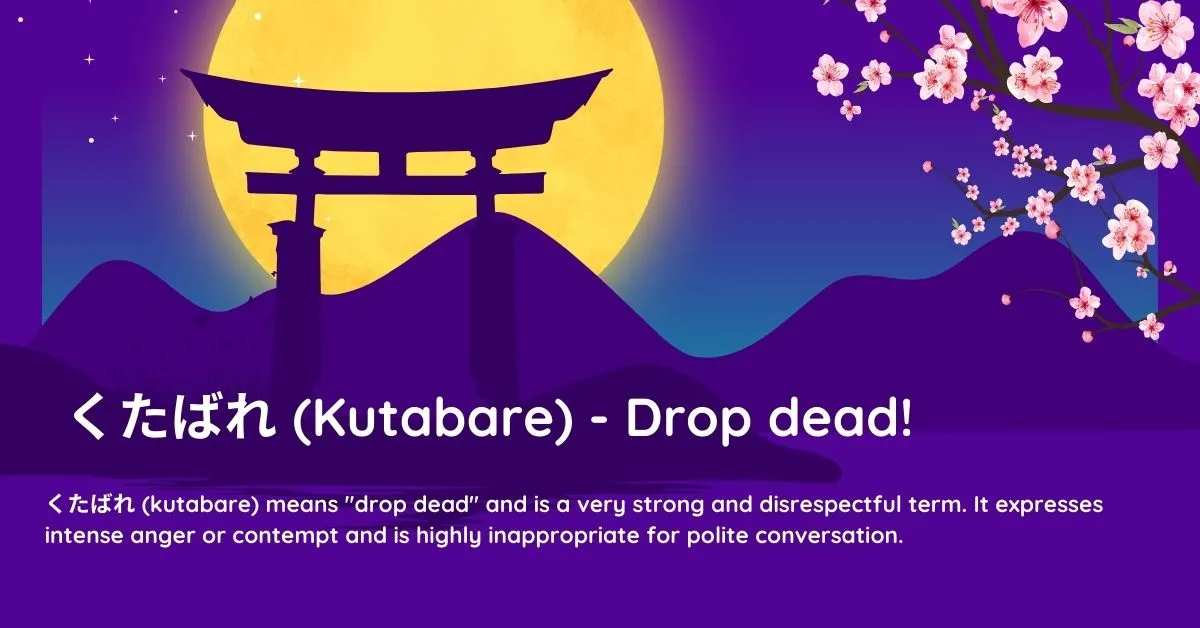
くたばれ (kutabare) means “drop dead” and is a very strong and disrespectful term. It expresses intense anger or contempt and is highly inappropriate for polite conversation. Avoid using this phrase as it conveys a high level of hostility and helps maintain respectful communication.
7.うざい (Uzai) – Annoying, Irritating
The word うざい, stylized as ウザイ (uzai), is short for うるさい (urusai), which means “noisy”, and うざったい, which means “annoying”. If you easily get annoyed by slight public disturbances, use this for a not-so-subtle diss.
Think of this word as the English equivalent of saying that someone is being a pain in the ass.
8. 黙れ (damare) – Shut up
Like the phrase うるさい (Urusai), damare is used to say “Shut up!” The word is stemmed from the Japanese verb 黙る (damaru), which means “to be quiet.” However, this is the Japanese command form used to express strong orders or demands.
Unlike using ください (kudasai) or お願いします (onegaishimasu), which is closer to a request or soft demand, this command form is not exactly polite.
This Japanese swear word is often interchangeable with うるさい (urusai), but they mean two different things — with the same implication. うるさい is a Japanese adjective that means “noisy.”
If you hear someone say this, it’s more to passively shut someone up: “You’re noisy! (So shut up)!” They will typically take it as a sign to tone it down.
だまれ, on the other hand, is much more of a command, so it is much more impolite to use it.
9. 馬鹿野郎 (Bakayarou) – Idiot, Jerk
馬鹿野郎 (bakayarou) is a strong insult combining 馬鹿 (baka) with 野郎 (yarou), intensifying the term to mean “idiot” or “jerk.” This expression conveys deep frustration or disdain and implies a significant level of disrespect.
For a comprehensive approach to mastering Kanji and vocabulary, use the MochiKanji app. With its detailed courses and interactive features, you can enhance your learning experience and steadily improve your skills.
Start using MochiKanji today and take the first step towards fluency in Japanese!
10. クズ (Kuzu) – Trash, Scum
クズ (kuzu) translates to “trash” or “scum” and is used to describe someone or something of very low worth. This severe insult implies strong contempt and is a term that should be used with extreme caution due to its derogatory nature.
11. このやろう (Kono Yarou) – You bastard!
このやろう (kono yarou) means “you bastard” and is a harsh insult. People use it to express strong anger, so you should avoid it in respectful conversation.
12. ふざけるな (Fuzakeruna) – Don’t mess with me!
ふざけるな (fuzakeruna) translates to “don’t mess with me” and is used to express irritation or anger towards someone’s actions. This strong directive can be seen as confrontational and should be used carefully to avoid escalating conflicts.
13. アホンダラ (Ahondara) – Idiot, Moron (very strong, used in Kansai)
In Kansai, people use アホンダラ (ahondara) as a very strong insult meaning “idiot” or “moron.” It conveys serious contempt and is more intense than アホ (aho). Avoid using this term in polite conversations due to its severe nature.
14. 野郎 (Yarou) – Bastard, Jerk
野郎 (yarou) means “bastard” or “jerk” and is used as a severe insult. It indicates strong disapproval and should be used sparingly to prevent offending others.
15. 馬鹿ちん (Baka-chin) – Foolish, Idiot (soft insult)
馬鹿ちん (baka-chin) is a softer insult meaning “foolish” or “idiot.” This swear word feels less harsh compared to others and often finds use in more casual or lighthearted contexts.
Cultural sensitivity and context
In Japan, people often link the use of bad words to the situation and their relationships. The Japanese language prioritizes politeness and indirectness, so they view harsh language as extremely disrespectful. Even words that might seem mild in English can carry significant weight in Japanese. Moreover, Japanese people generally avoid using such language, especially with strangers. So, fans of anime should be cautious about learning and using bad words from these shows, as they might not reflect appropriate or respectful communication in real-life interactions.
Why you should avoid using bad words in Japan
Using bad words in Japan, especially as a foreigner, can lead to serious misunderstandings. The Japanese value harmony and social order, and swearing can quickly disrupt that balance. It’s essential to be aware of the impact your words can have and to always strive for respectful communication.
Master Japanese with MochiKanji: Your path to effective learning

MochiKanji offers a focused learning experience with its vocabulary courses covering levels N5 to N2. The app features interactive flashcards to help you learn and remember words effectively. These flashcards come with images and sounds to make studying more engaging. Start using MochiKanji today to build your Japanese vocabulary and boost your language skills!
Conclusion
While it might be tempting to learn bad words in Japan, it’s crucial to understand their cultural implications. The subtleties of Japanese swear words mean that they can be more offensive than they first appear, and using them carelessly can lead to unintended consequences. Instead, focus on learning polite phrases and cultural norms that will help you communicate effectively and respectfully in Japan.

